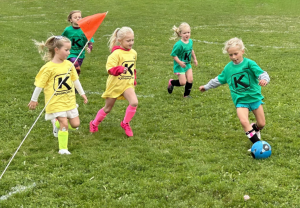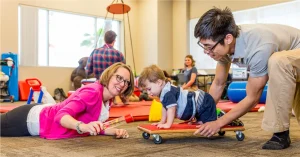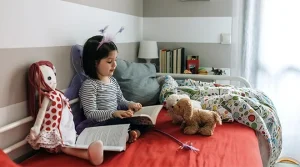
A few posts back, we discussed the benefits of being bilingual from an early age. In this TED Talk by Megan Alubicki Flick, she further explores how multilingualism can transform people, specifically through education. Yes, the majority of schools require students to take a language, but these courses rarely dig deep enough for true language acquisition to develop. But why is it so important to learn a language in school?
Megan Flick encourages educators to view multilingualism as a valuable tool and asset. Schools can make use of the different languages their students speak, creating a space where all languages are valued and used to improve learning. Bilingual education models, where students are encouraged to strengthen both their native and additional languages, are proven to boost academic success, improve cultural awareness, and prepare students to thrive in a globalized world.
Bilingual and multilingualism individuals tend to have stronger cognitive skills, such as improved memory, problem-solving, and multitasking abilities. From a cultural perspective, multilingualism serves as a bridge between communities and cultures that foster inclusive environments.
Interested in reading more? Click the link here to watch the full TED Talk!
Rachel Silverman
UConn KIDS, Research Assistant







